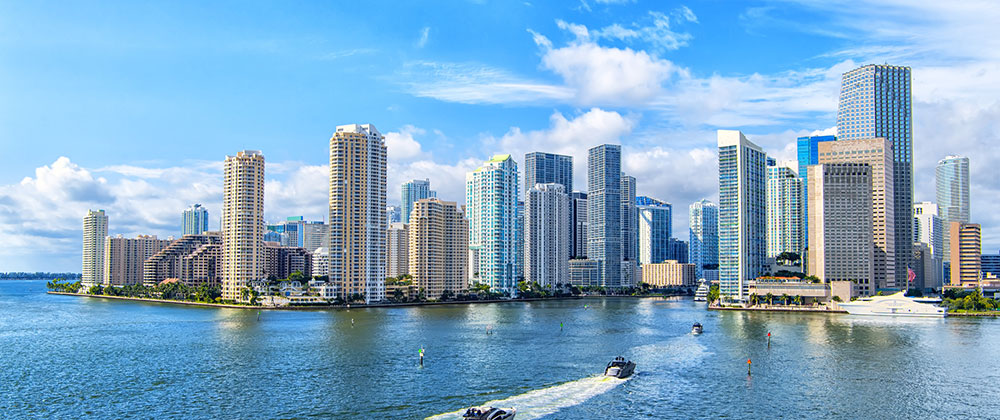As we mentioned previously, this year’s American Olympian team is very multicultural given that there are many immigrants that comprise it. We had introduced a few hardworking individuals who followed their dreams and became the best in their field, and after becoming citizens they are now sporting the red-white-and-blue colors with pride. John Orozco is another one of those titans who came from Puerto Rico and always felt an outcast when he was younger, in every place except for when he was at the gym working on his gymnastics.
Even though technically he was an American from birth given his place of birth, he always felt different and out of place. He recalls how at a young age he got sucked into the sport after being transfixed by watching American Paul Hamm grab the gold in Athens eight years ago, wishing that one day he could do the same. But he knows that there is more at stake than mere personal ambitions, he knows full well what it means for a dark-skinned immigrant like him to get to where he has gotten. “I hope I can be a role model and a good inspiration for kids that have been in my situation,” Orozco said. The color barrier was broken a little over three decades ago when Ron Galimore participated in the 1980 U.S. Olympic team that ended up boycotting the Moscow Games. Yet Orozco is one of the very few to participate in elite gymnastics which is predominately dominated by mostly affluent, white suburban kids. This year is very different from the past, however. The gymnastic team consists of Josh Dixon, who is of Asian and African-American descent, Donnell Whittenberburg and Marvin Kimble, who are both black, and Danell Leyva who is Cuban-born. ” I think times have changed,” said Raj Bhavsar, a member of the 2008 U.S. men’s Olympic gymnastic team who is Indian-American. ” I don’t think it has anything to do with being more inclusive or a change in the political side of the support. I just think these gymnasts, regardless of background, happen to be the best.” While we believe this is absolutely true—given that talent is blind to heritage and race, and talent and skill is the only requisite to become an Olympian—it is still worth pointing out that just four year before there used to be a handful of athletes of foreign descent, and now this time around diversity has been embraced to a whole new level.
John Orozco had to traverse lots of roadblocks on his way to becoming an Olympian, which would have been soul deadening for anyone save someone who loves the sport as much as he. As a child, his parents had to make countless sacrifices to give him the opportunity to train, and he would have to travel nearly two hours each day just to do so. At the gym, he often had to endure racist remarks made by other kids. He recalls when once he went to play with a child who told him to get away from him because his mom had said that black people carry diseases. That was a very sad moment yet it was also an unusual one.
Generally, he felt at east and never felt out of place when he was at the gym, which was his one and only comfort zone. His entire family found a sense of community amongst this group of highly devoted children and their motivational parents and coaches. John had become well known for his talent, and knowing that his family struggled to make ends meet, the owner of the gym would often work out a barter system to help them out, and anonymous donors would sometimes even chip in, all for the sake of John continuing to flourish. “John’s the kind of kid you get once in a hundred lifetimes,” said Carl Schrade, who coached him until he reached middle school. After years of sacrifices, training and hard work, it has all finally paid off. In London, John has been doing very well yet the team as a whole struggled at the final. While John was unable to beat the three-time world champion, Kohei Uchimura, and failed to win a medal himself, his talent is undisputable, making him a favorite in the coming years, after all his career has just began. And at such a young age, he and his other teammates have forever changed the face of a sport, making it as diverse as the country it represents.



